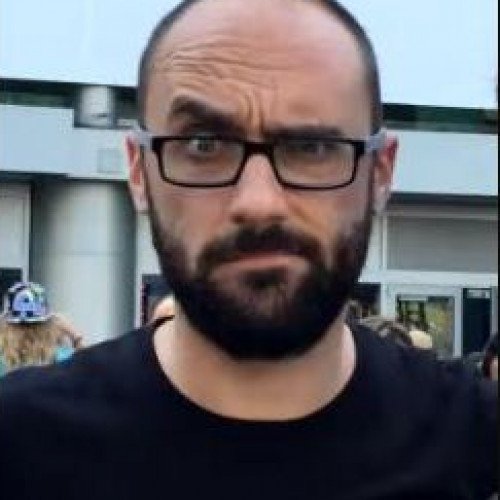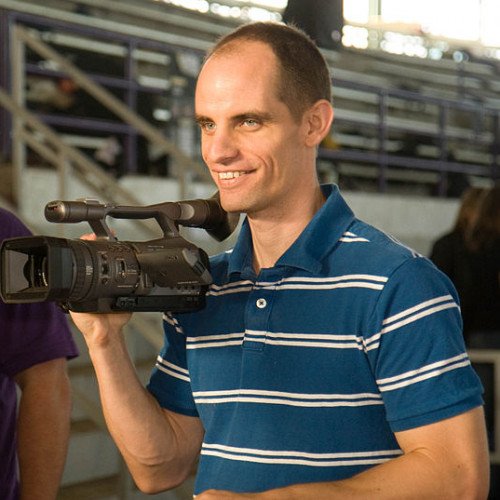Best Youtuber: MICHAEL STEVENS vs MICHAEL WESCH

MICHAEL STEVENS
Michael David Stevens (born January 23, 1986) is an American educator, public speaker, comedian, entertainer, editor, and internet celebrity, best known for creating and hosting the popular education YouTube channel Vsauce. His channel initially released video game-related content until the popularity of his educational series DOT saw discussions of general interest become the focus of Vsauce,[6] encompassing explanations of science, philosophy, culture, and illusion.[7] As the host of Vsauce, Stevens has become one of the most successful YouTubers (with over 16 million subscribers and over 2 billion views),[8] as well as a leading figure in the internet-driven popularization of science and education.[9][10] In 2017, he created and starred in the YouTube Premium series Mind Field,[11] and presented the nationwide educational stage tour Brain Candy Live! alongside Adam Savage.[12] Under the username pooplicker888, Stevens edited and produced his first video content on YouTube in 2007, with some of his clips being featured by CollegeHumor and Funny or Die.[16] In the same year, as the user CamPain 2008, he began using superimposition and dubbing to produce short comedic films about candidates in the 2008 United States presidential election.[17]
Statistics for this Xoptio

MICHAEL WESCH
Michael Lee Wesch (born June 22, 1975) is Professor of Cultural Anthropology and a University Distinguished Teaching Scholar at Kansas State University. Wesch's work also includes media ecology and the emerging field of digital ethnography, where he studies the effect of new media on human interaction.[1] Wesch is a cultural anthropologist and media ecologist exploring the effects of new media on human interaction. He graduated summa cum laude from the Kansas State University Anthropology Program in 1997 and returned as a faculty member in 2004 after receiving his PhD in Anthropology at the University of Virginia.[2] There he pursued research on social and cultural change in Melanesia, focusing on the introduction of print and print-based practices like mapping and census-taking in the remote Mountain Ok region of Papua New Guinea where he lived for a total of 18 months from 1999-2003. This work inspired Wesch to examine the effects of new media more broadly, especially digital media. Also as a consequence of this trip, Dr. Wesch has gained some command of the Tok Pisin language, a primary lingua franca of Papua New Guinea.